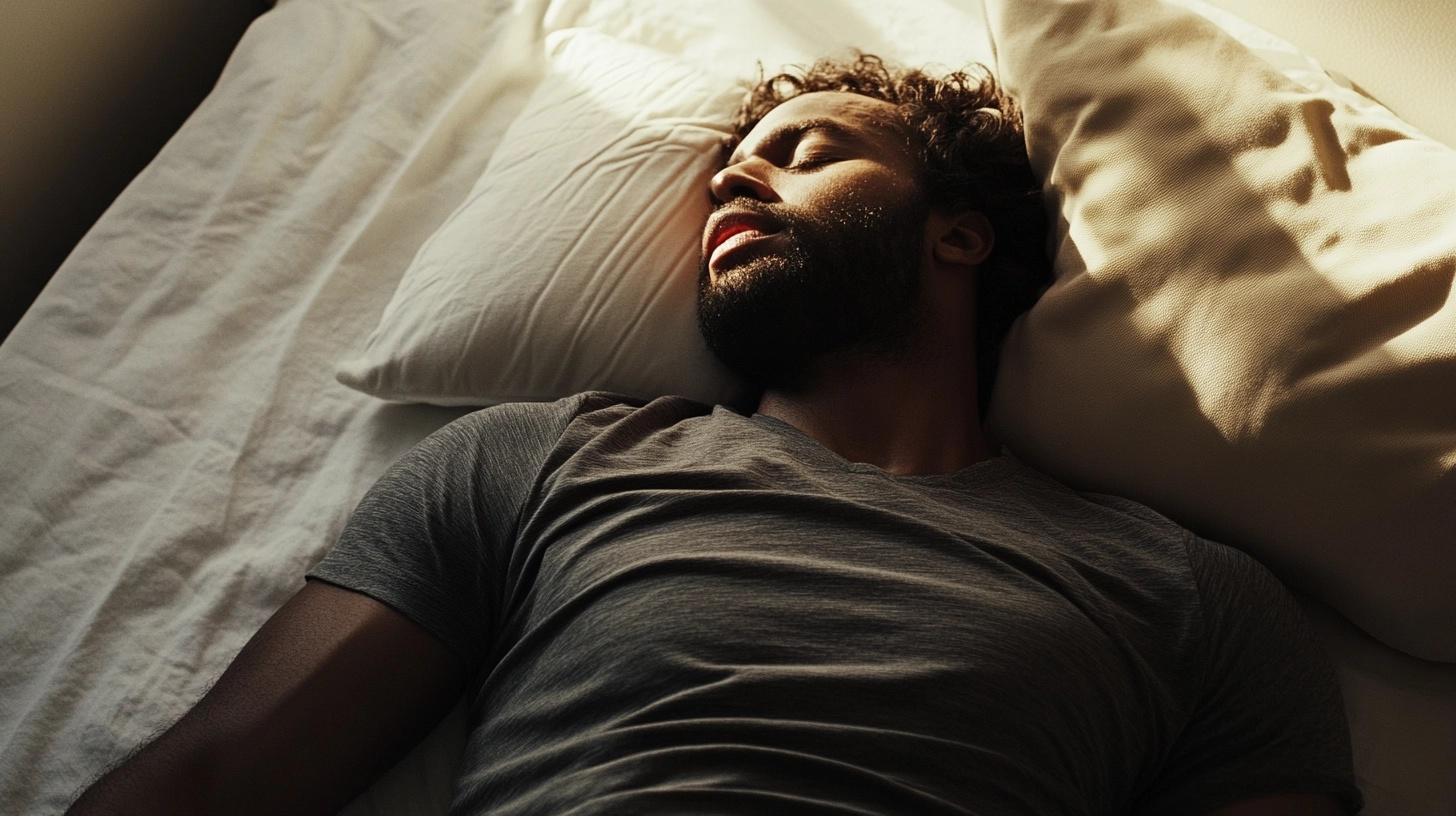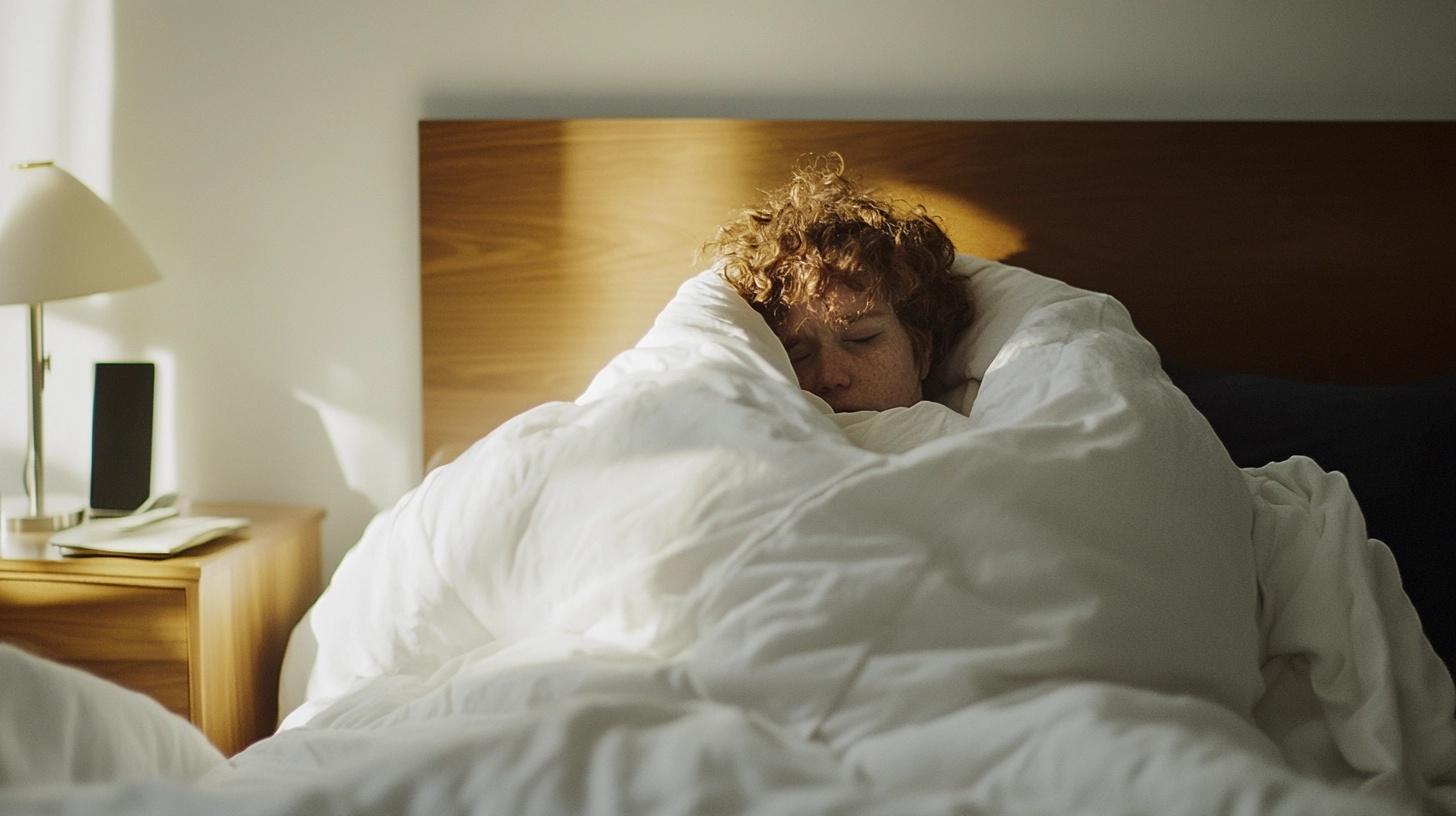What is snoring, really?
Published

A better understanding of snoring—what it is and why it happens—can be an important step to better sleep and health for both you and your partner. So, let’s take a closer look at common causes and health concerns.
Most of us snore. Sometimes it’s occasional, a gentle, perhaps even peaceful, soft whistling. Sometimes it’s like a repetitive knock (or bang) on the door. Other times it sounds like a buzz saw, getting closer and closer, paused by a moment of silence, before climaxing in an even louder snort or gasp for air.
If you snore, you are not alone. In fact, it’s quite common, occurring in an about 57% of men and 40% of women. Some children snore, too. However, if you are overweight, a middle-aged man or a postmenopausal woman, you are more likely to snore. And it’s likely to get louder and more prevalent with age.
Why do we snore?
According to the Mayo Clinic, when we fall into a deep sleep, the muscles in the roof of the mouth (soft palate), tongue and throat relax. The tissues in the back of the throat can relax enough that they partially block the airway. As we inhale and exhale, these tissues rattle and vibrate, resulting in sounds like a flag flapping and fluttering in the wind. The tissue vibration increases as the airway narrows, causing the snoring to grow louder and louder.
What causes snoring?
A number of factors can affect the airway and result in snoring, such as your mouth anatomy, being overweight, alcohol consumption, nasal congestion and even sleep deprivation, since it can lead to further throat relaxation. Another snoring factor is your sleep position—gravity’s effect on the throat narrows the airway when sleeping on your back. This is why sleeping on your side can help.
When is snoring unhealthy?
It all depends on the type, severity and frequency of the snoring. Light, infrequent snoring is normal. So-called primary snoring that occurs more than three nights a week can be disruptive to partners, but is not usually seen as a health concern.
Obstructive sleep apnea-associated snoring, however, is more serious. Symptoms include breathing pauses during sleep, excessive daytime sleepiness, difficulty concentrating and gasping at night. Potential health consequences include an increased risk for heart attack, stroke, diabetes, as well as motor vehicle accidents due to daytime sleepiness. In fact, research at Johns Hopkins has shown that severe sleep apnea can increase the risk of dying prematurely by up to 46 %. Fortunately, proper treatment can help reverse these health risks.
How do you know if you snore?
Most snorers do not wake by the sound of their own snoring. And even if you do awake, you probably will not attribute it to snoring. So how can you know if you snore when you sleep alone? And if you don’t sleep alone, what if your partner is either reluctant to talk to you about your snoring or has somehow adapted to it? Your Sleep Cycle app can help you monitor your snoring for a better night’s sleep—for everyone.
If you have questions or concerns about your snoring or experience signs of potential sleep apnea, be sure to speak with your doctor.






